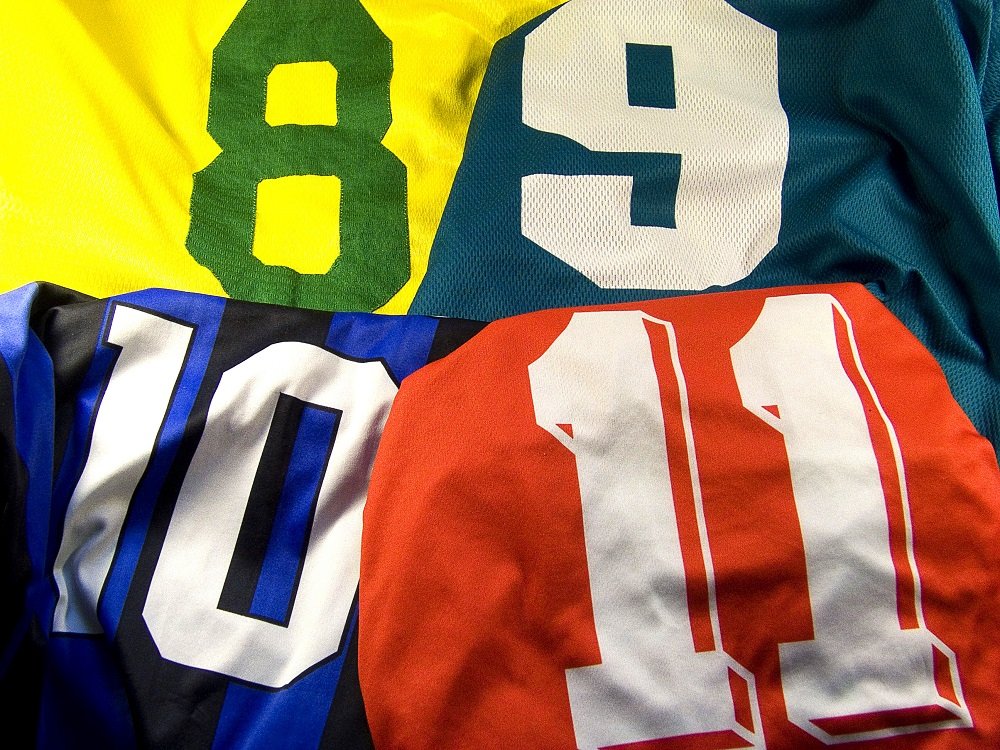For athletes, the end of a competitive career is unavoidable. It’s
natural to retire after years of physical abuse of their bodies through
training and competing. For the few lucky ones, retirement comes after
they’ve achieved a lifelong goal, such as a World Championship title or
an Olympic gold medal.
After years of dedicating their lives to their sport, a common question hovers in an athlete’s mind: What now?
Taking a Different Career Path
Some athletes find it easy to adjust to life after competing in a sport. After spending most of their lives training and competing extensively, they ease into a “normal” life, one that involves catching up on studies, settling down with their families, or pursuing romantic relationships.
Some retired athletes remain involved in their
sport, though in a different way. Several sports figures become coaches
and commentators. High-profile athletes remain busy after retirement as
they’re booked for autograph signings, endorsements, and event appearances.
Other athletes take a different sport. For example, Michael Jordan played baseball after his first retirement announcement in 1993. Two-time Olympic figure skating silver medalist Elvis Stojko competed in mixed martial arts and motocross racing.
Dealing with Loss

Though some athletes adjust to retired life easily, others struggle to adapt to a life in which they’re no longer in the spotlight. They have spent too much time thinking of training and results, making them less prepared for life after retirement.
For many athletes, sports success occurs when they were young and developing a sense of personal identity. Since they rely excessively on their identities as sportspeople, they struggle with a sense of loss and lack of meaning in their lives when they retire.
Biological factors also play a factor in an athletes’ post-retirement struggle. Sports figures have had regular doses of serotonin for many years, and a sudden decrease or drop means an unfamiliar chemistry of a body.
These
factors make retired athletes susceptible to anxiety and depression.
Former Burnley F.C. defender Clarke Carlisle shared that the end of his
sports career is one of the reasons he has been struggling with mental
health issues. High-profile athletes
such as boxing legend Sugar Ray Leonard and multiple Olympic swimming
champion Ian Thorpe have also made their depression public after their
retirement from professional sport.
Assisting Athletes with Post-Retirement Blues
Since
athletes are seen as mentally tough individuals for undergoing years of
rigorous training and competition, the stereotype has made it difficult
for them to ask for help. Fortunately, a number of programs seek to
help athletes to make a transition into a post-athletic life. The Athlete365 Career+ program
by the International Olympic Committee directs retiring athletes toward
education or new careers and helps them develop life skills relevant to
their post-sports life.
The key, though, is to minimize
post-retirement blues in its early stages. The responsibility lies in
the sports institutions to develop athletes into well-rounded people so
their identities do not rely entirely on their sporting skills.
Despite their star-studded careers, many athletes find it difficult to transition to life after their respective sport. The perfectionism and combative mindset required for success in the sport causes sportspeople to struggle with the loss of identity and purpose, leading to anxiety and depression. With the right support from institutions, athletes are better equipped for handling significant changes in their post-competitive life.